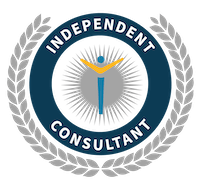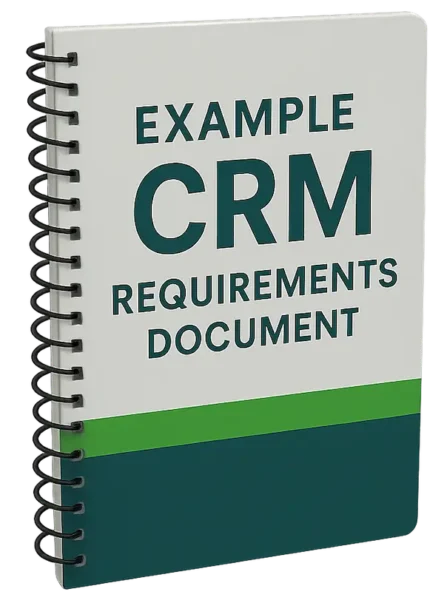Many CRM initiatives suffer from a lack of vision. The challenges we’ve seen over the years follow a familiar pattern.
Organizations breaking from a typical pattern can implement CRM in a way that transforms their business.

Let’s look at a progression that culminates in more successful outcomes.
Faulty Assumptions
Those new to CRM and the CRM buying process often embark on their journey believing they can attend a few demonstrations, choose a solution, and then automatically reap the benefits for their business.
Resistance to Change
Introducing a CRM system into an organization brings powerful new capabilities, improves visibility and accountability, and enhances sales and service.
But fully harnessing this power requires a concerted effort to pioneer new ways of working, thinking, and operating.
Recognizing this reality can be unsettling to those who expected to “checkbook engineer” a digital transformation by subscribing to CRM software.
Incorporating Risk Mitigation
It’s not always easy to convince management of the need to invest in the necessary participation and mental energy to define goals, prioritize objectives, and assign responsibilities.
Leading in this way means taking ownership and accepting associated risks. It can be easy to take shortcuts and dismiss a visioning effort as “analysis paralysis.”
Adopting a Proven Process
To overcome these common obstacles, people within organizations have had to think outside the box and incorporate components of a CRM vision into regular Discovery, Planning, and Vendor Preparation stages.
A CRM Workshop, which is a culmination of the process, should include templates that cover the following items:
- Business Objectives
- CRM Objectives
- Key Success Factors
- Data Governance
- Roles and Responsibilities
- Application Ecosystem
- CRM Roadmap
A structured approach benefits everyone involved. The process is simplified, and even before scheduling the first demonstration, there is a CRM vision in place — in fact, it’s often the vision that determines the vendor shortlist.
Having a clear vision from the start is crucial to the success of any CRM implementation. It sets the direction, aligns stakeholders, and ensures the chosen CRM solution is tailored to the organization’s needs and goals.
The importance of a CRM vision should never be underestimated — it’s the foundation for a transformative CRM journey.



